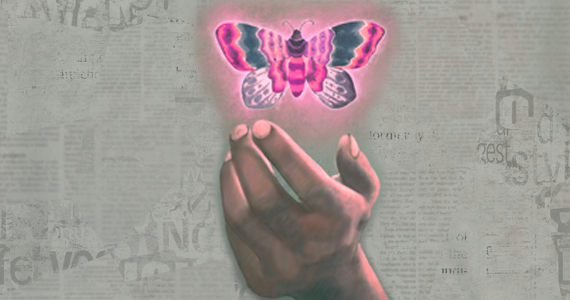When people talk about community processes, there is an implicit assumption that they are egalitarian in nature and that each person in that community can speak up and vote. The reality is far less progressive, and that is why there are community-based organizations, such as ADES, that work toward just causes.
ADES has a history of struggle and unwavering commitment. The organization is the product of the armed conflict in El Salvador and its impact on the community of Santa Martha; indeed, when we talk about Santa Martha, we’re talking about ADES itself, given that both are paradigmatic of community organizing and processes that sustain hope and the ongoing struggle for the defense of human rights.
Positive Impact
In 2024, with FCAM’s support, ADES implemented the Leadership and the Agroecology Programs, which were aimed at women in three communities. Through these programs, participants learned how to make family and community gardens from peers at the Community Agricultural Schools.
“In this kind of processes, every single bit of ancestral knowledge is beneficial. Therefore, we try to involve all family members in the development of the methodologies and the gardens themselves,” says Blanca Hernández, ADES project coordinator.
These spaces for family training resulted in the development of local trade initiatives, through which women sold their surplus production. At the same time, local markets and agroecological fairs began to be promoted, where around 300 people who are part of the Food Sovereignty Program participated.
We also organized spaces called Rural Women and Territory. Here, a diversity of rural and peasant women engaged with each other, motivated by their desire to learn about gender issues. They focused on two topics primarily: self-care days and caring for Mother Earth.
Internally, the ADES team held spaces to talk about issues relating to sexuality and self-care, and 11 members received psychological care. In addition, we supported them in the implementation of six virtual sessions that dealt with various work-related topics, thereby accompanying their institutional work as well.
The self-care processes that were organized with FCAM funding have allowed the ADES team to reflect on their emotions, their individuality, their collectivity, and on the way in which they relate to and serve the communities with whom they work.
“At ADES, we tackle care from a human rights perspective, which led us to form a women’s network for the women staff. This has allowed us to connect with and take care of each other more consistently,” says Blanca.
People and changes
People in rural areas are disproportionally affected when it comes to accessing their rights, especially the right to adequate nutrition. They also have limited access to water, education, and sustainable livelihoods, among other basic rights. These instances of systemic violence are especially prevalent among rural women.
Despite the challenges they face, the women and men in ADES have experienced a number of changes in their attitudes and perspectives, especially through peer-to-peer knowledge, which has translated into significant improvements to their lives and the lives of their families.
The work of the ADES team is unique because they have been able to “shift ways of thinking by providing the populace with relevant information so they are alert to and prepared for whatever may happen in their communities. This is especially necessary because when local or national authorities intervene, they tend to limit themselves to providing material aid,” says Bianca.
ADES in the importance of raising awareness and educating families so they can make decisions about what is important to them and the environment. The organization is aware that the dominant ways of thinking won’t shift overnight, but they are betting on and making strides toward a gradual change.

